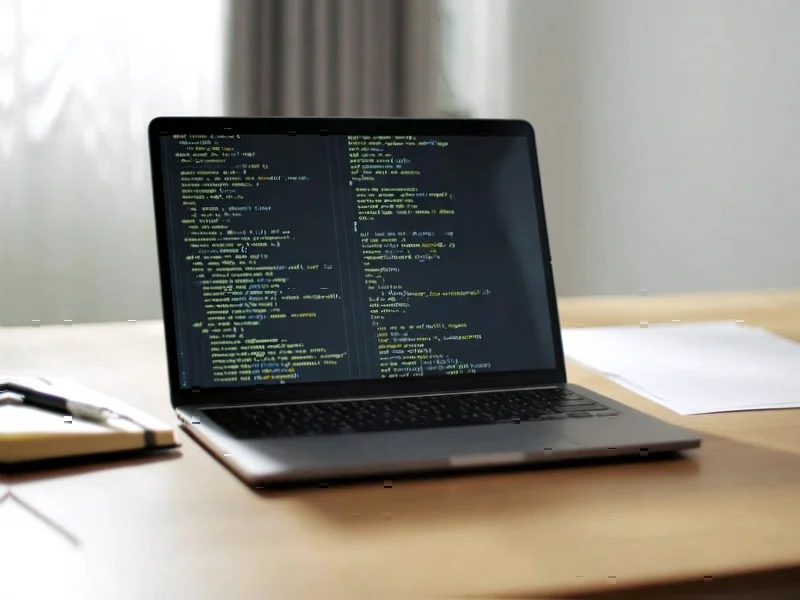According to Business Insider, Block’s chief technology officer Dhanji Prasanna argues that code quality has little correlation with product success, citing YouTube’s messy architecture as an example of how solving real user problems matters more than elegant code. His comments come amid ongoing debate about coding’s importance in the AI era, with tech leaders divided on whether technical excellence or product-market fit drives success. This perspective challenges fundamental engineering principles and warrants deeper examination.
Table of Contents
Understanding the Engineering Culture Divide
The tension between code quality and product velocity represents one of the oldest debates in software development. Traditional engineering education emphasizes clean architecture, maintainable code, and technical debt management as foundational to building scalable systems. However, many successful fintech companies and startups have prioritized rapid iteration and market validation above all else. The role of a chief technology officer often involves balancing these competing priorities while ensuring the organization can scale effectively without collapsing under technical debt.
Critical Analysis of the “Code Quality Doesn’t Matter” Argument
While Prasanna’s YouTube example is compelling, it represents survivor bias – we don’t see the countless products that failed specifically because of poor technical foundations. Early technical decisions create path dependencies that become exponentially expensive to change. Companies like Google itself invested heavily in rebuilding YouTube’s infrastructure precisely because the original codebase couldn’t scale to meet demand. The real insight isn’t that code quality doesn’t matter, but that it matters differently at various stages of a product lifecycle. Early-stage products might prioritize speed, but technical excellence becomes increasingly critical as user bases grow and systems complexify.
Industry Impact and Changing Skill Requirements
This debate takes on new urgency as AI coding assistants become more sophisticated. If AI can generate functional code quickly, the value proposition shifts from writing perfect code to understanding user needs and designing effective solutions. However, this creates new risks around code comprehension, security vulnerabilities, and system architecture. Engineering organizations will need to develop new workflows where human expertise focuses on high-level design, testing strategies, and understanding business context while AI handles implementation details. The most successful teams will likely balance AI-powered velocity with human oversight of critical system components.
Outlook for Engineering Organizations
The future likely involves a more nuanced approach than either extreme position suggests. Organizations that completely disregard code quality risk accumulating unsustainable technical debt, while those obsessed with perfection may miss market opportunities. The most effective strategy will involve context-aware quality standards – lower for experimental features and prototypes, higher for core infrastructure and scaling components. As AI tools mature, the definition of “code quality” itself may evolve to focus more on system architecture, data design, and integration patterns rather than individual code elegance. Engineering leaders will need to articulate clear quality thresholds that support business objectives without stifling innovation.



